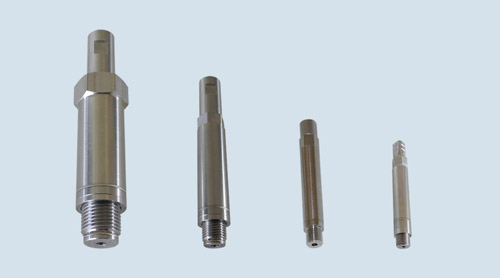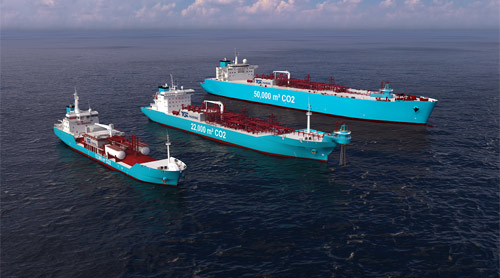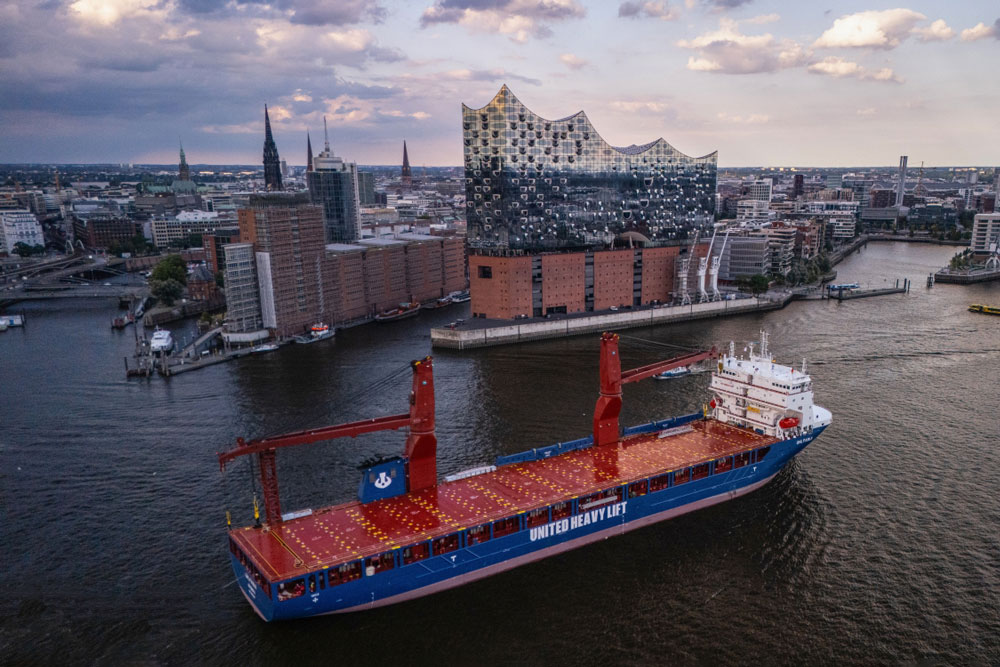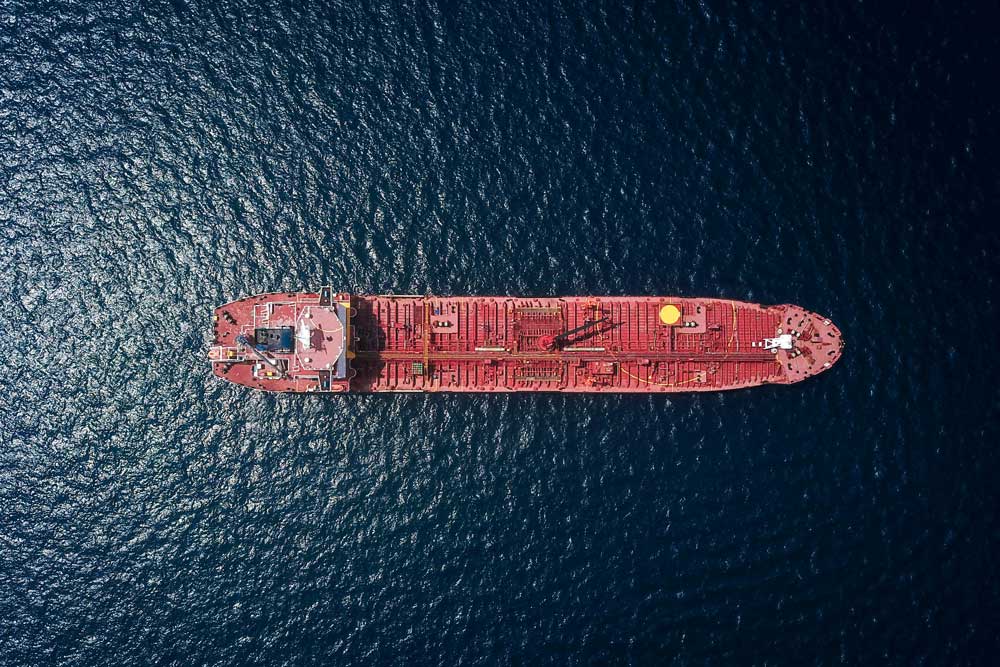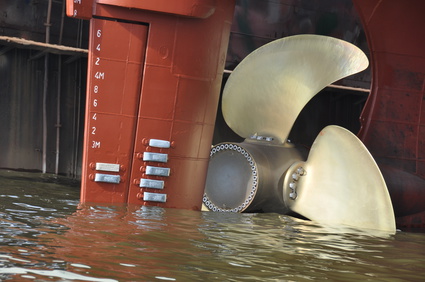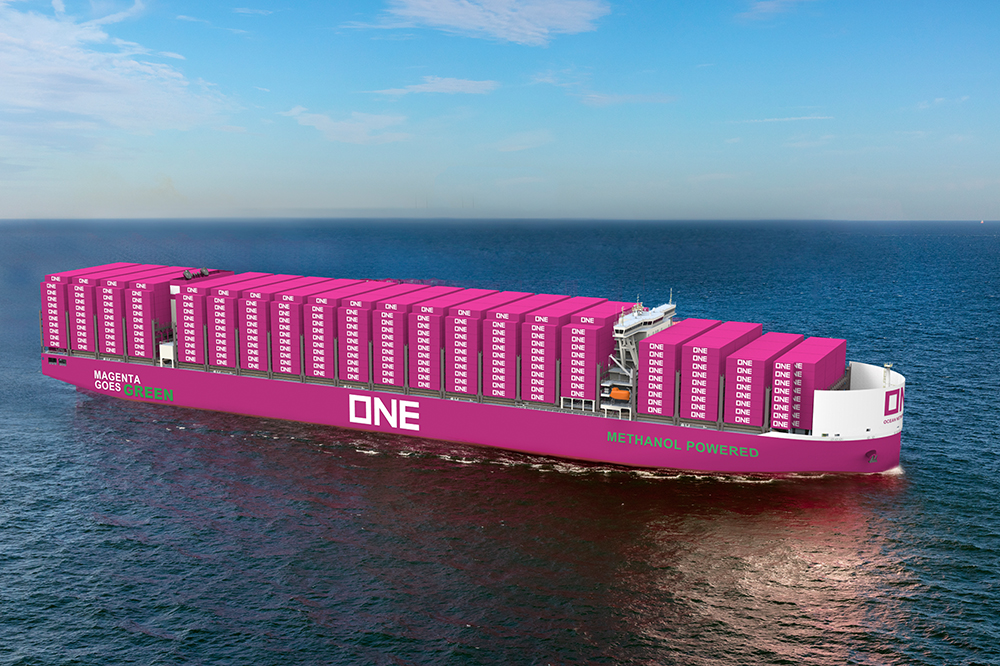The EU is planning a ban on tanker sales to Russia. This is intended to prevent the expansion of a so-called “shadow fleet” to circumvent sanctions.
The proposal, which was discussed by the ambassadors of the EU governments last week, provides for the sale of tankers for the transportation of crude oil and oil products to Russian owners to be banned. This was reported by the news agency Reuters.
In the event of a sale to a third country, a contractual clause would also become mandatory, according to which the ships may not be resold to Russia or used for the transportation of Russian crude oil or petroleum products.
Russian oil exports are subject to a price cap of 60 dollars per barrel of crude oil. Anyone who still wants to buy and transport oil is not allowed to pay more. Players in the supply chain must document this. In future, insurance and freight documents will also fall under this, according to the EU proposal.
More than 100 tankers in Russia’s shadow fleet
The price cap is intended to dry up Russia’s most important source of income for financing the war in Ukraine. In addition to the EU, the USA and Canada have also committed to this. However, Russia is circumventing the imposed sanctions on a grand scale.
A few months ago, it became known that Russia had allegedly purchased a fleet of more than 100 tankers for a “shadow fleet”, including in Venezuela and Iran. Russia produces around 10% of the global supply of crude oil. The Western states had refrained from imposing a complete import ban in order not to drive up the global oil price. However, an adjustment mechanism is planned: according to this, the cost of a barrel of Russian oil is to be kept at least 5% below the global market price, depending on market developments.














